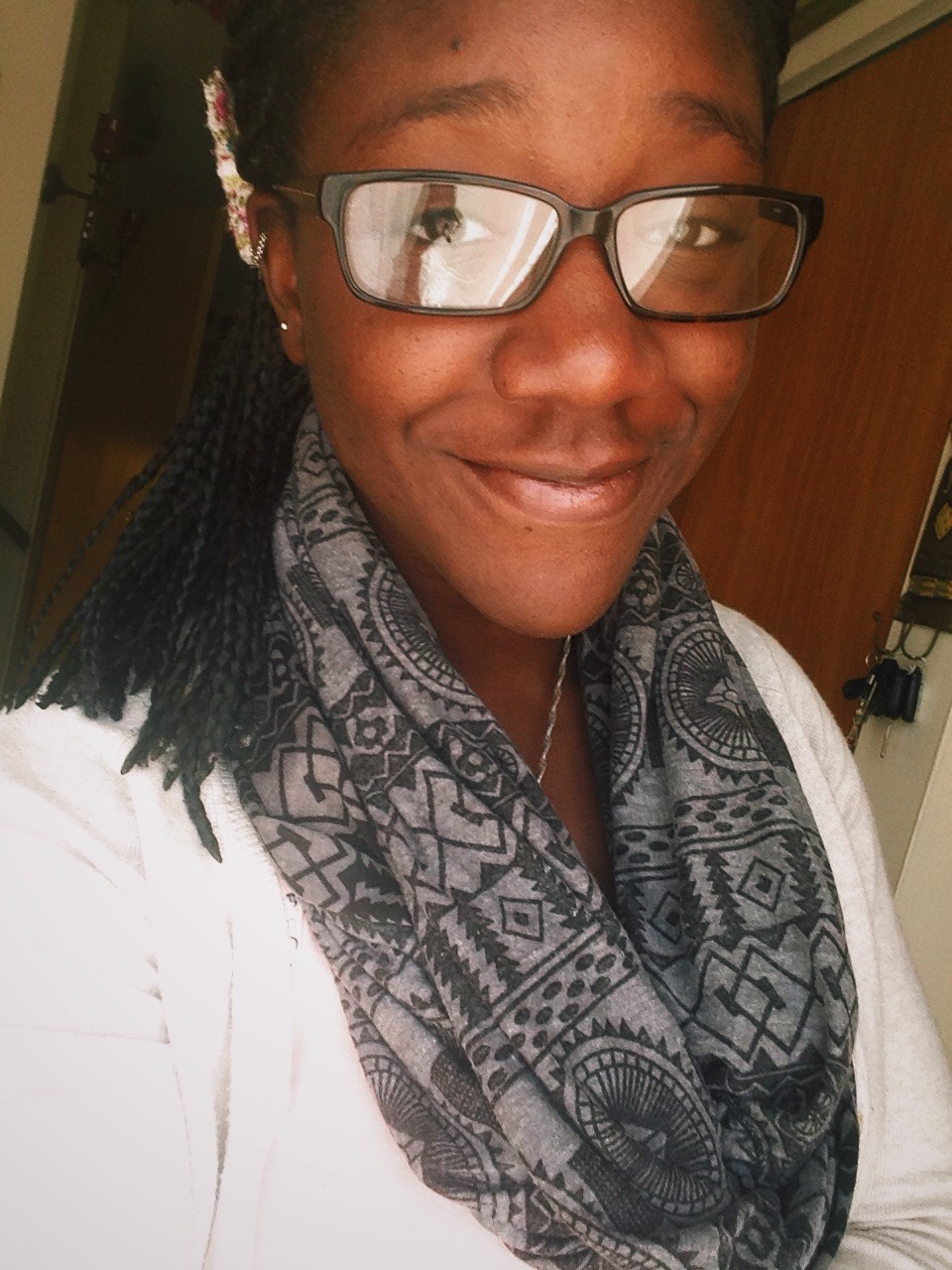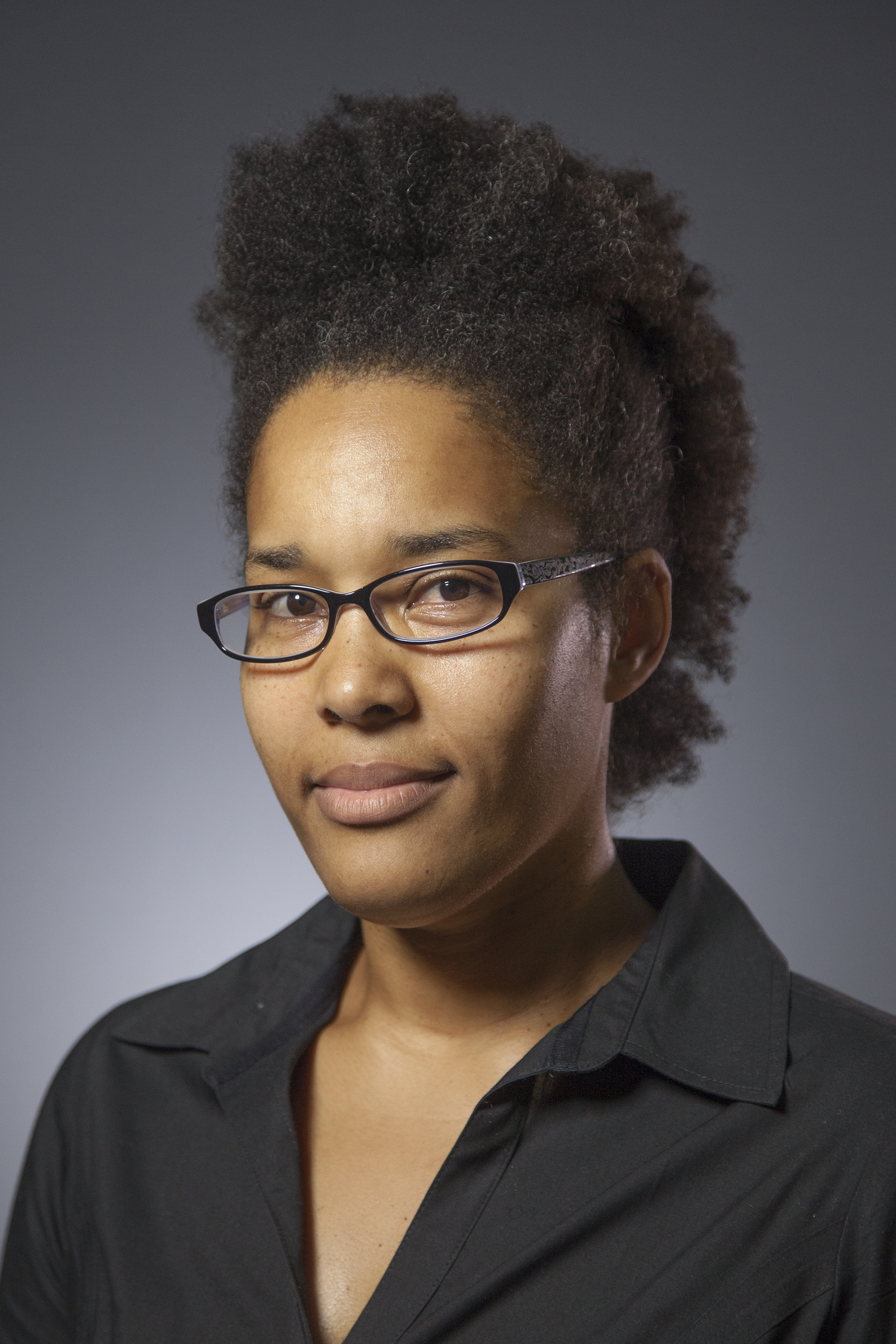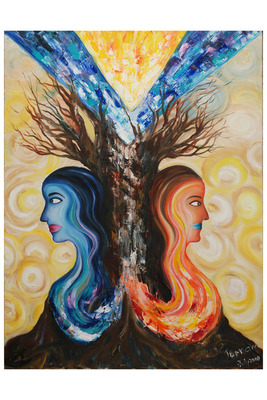Feminist Theory: A College Forum
Last semester, I taught a course in feminist theory. The primary goal of this course was to have students read feminist theories, but with a constant eye not only on the centrality of the category called “experience” in the formulation of these theories but also their own sets of lived experiences and struggles in meaning-making. By keeping “experience” center-stage, students learned to approach feminist theory critically.
The students were asked to understand that no theory explains everything and no feminist theory encapsulates every “female-woman” experience that has existed or exists today. These theories can also become dated, because each one is responding to its context and time. However, every contemporary feminist theorist, since Simone De Beauvoir asked us to consider “what is a woman and not who is a woman,” has been concerned with the “woman question.” Feminist theory has tried to address the cultural, social, political, economic, and psychological dimensions of this question in national and transnational contexts. The answers have led to movements, and the movements have led to changes in women’s condition. So theory leads to praxis and praxis in turn changes theory. Feminist theory and feminist praxis thus enrich each other.
In my course, students learned about the art and craft of feminist theorizing and praxis—how theory is created, how it is sustained, how organic it is, how powerful it is, and how it has the potential to change everything, including the way they think and perform their own lives. The students at the outset were asked to begin penning their lives thus far, focusing on critical moments that set their lives on a certain trajectory they still find difficulty comprehending. Why are they here, they were invited to ask themselves. They replied, “I don’t understand. What do you mean why am I here?” As if the answer was apparent to everyone including them, when in fact it was not apparent at all.
The six narratives you’ll read today and across the next few days in our College Feminisms column are testimonies to the students’ semester long tussle with exactly the question above. They still don’t have an answer, but it’s okay, because at least they asked the question–the hardest task of all. They know the answers will follow, slowly but surely. I hope you, the readers, locate your own life questions in these narratives and are inspired to do the work of self like never before.
Thank you for reading, and good luck with your own “homework.”




1 Comment